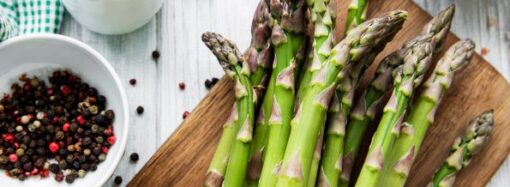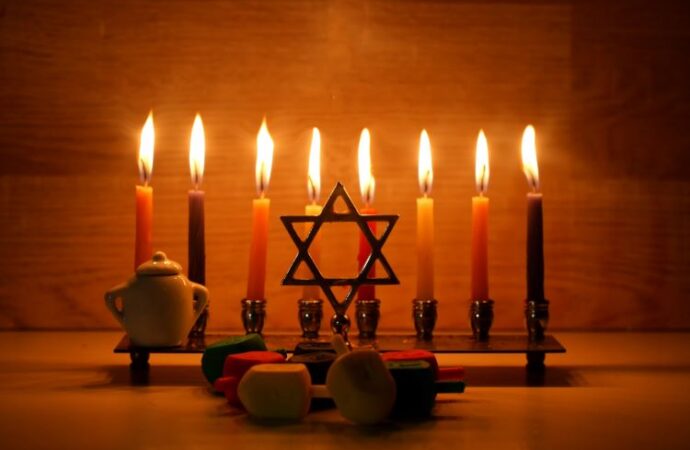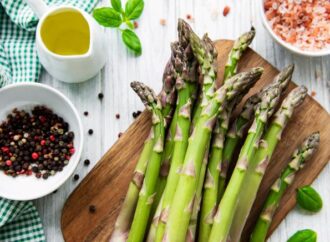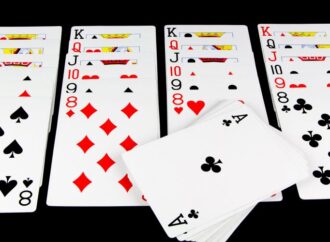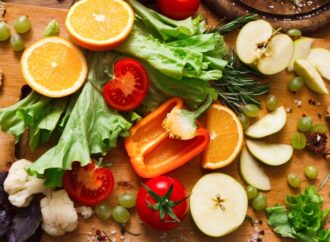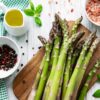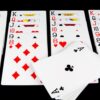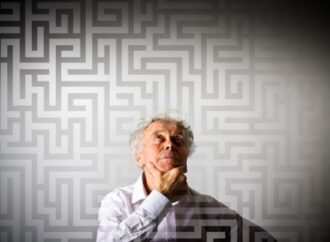Hanukkah, also known as the Festival of Lights, is a special Jewish holiday that begins this year on December 25th and lasts for eight days.
The word “Hanukkah” means “dedication” in Hebrew, and the holiday celebrates an important event that happened over 2,000 years ago.
The Origins of Hanukkah
Hanukkah goes back to the 2nd century BCE when the Jewish people were living under the rule of the Syrian-Greek Empire. During this time, the ruler, King Antiochus IV, tried to force the Jewish people to give up their religion and worship Greek gods. A small group of Jewish fighters, known as the Maccabees, rose up to fight against the king’s army.
Despite being outnumbered, the Maccabees managed to win the battle and take back the Holy Temple in Jerusalem. When they rededicated the temple, they found that there was only enough oil to keep the temple’s menorah (a special lamp) lit for one day. Miraculously, the oil lasted for eight days, which is why Hanukkah is celebrated for eight days today.
How to Celebrate Hanukkah
The main symbol of Hanukkah is the menorah, a nine-branched candelabrum. Each night of Hanukkah, one candle is lit, starting with one on the first night and adding an additional candle each night until all eight candles are lit. The ninth candle, called the shamash, is used to light the others.
Here are some common ways people celebrate Hanukkah:
- Lighting the menorah: This is done at sundown each night of the holiday. Many families gather together, say prayers, and sing songs as they light the candles.
- Playing dreidel: A dreidel is a four-sided spinning top with Hebrew letters on each side. It’s a fun game, especially for children, and is often played with chocolate coins called gelt.
- Eating fried foods: Since oil is an important part of the Hanukkah story, many traditional foods are fried in oil. Some popular Hanukkah dishes include latkes (potato pancakes) and sufganiyot (jelly-filled doughnuts).
- Giving gifts: In many families, children receive small presents each night of Hanukkah, which can range from toys to books or games.
Honoring Hanukkah Traditions
For older adults, Hanukkah is a time to pass down traditions to younger generations. Sharing stories about how Hanukkah was celebrated when they were young can help preserve family history and keep the holiday meaningful.
- Reflect on miracles: The story of Hanukkah is one of perseverance, faith, and miracles. Many older people find it comforting to reflect on the miracles in their own lives and share these stories with family.
- Cooking traditional foods: Preparing classic Hanukkah dishes, like latkes and sufganiyot, can be a wonderful way to reconnect with the holiday and create lasting memories with family members. Many older people enjoy teaching these recipes to their children and grandchildren.
- Sharing the light: Lighting the menorah together can be a special moment of connection. Even if family members can’t gather in person, they can share the experience through video calls, keeping the tradition alive in new ways.
Hanukkah and Its Meaning
Hanukkah is more than just lighting candles and eating delicious food. It’s a reminder of the strength and courage of the Jewish people throughout history. Older adults, in particular, may feel a deep connection to the values of perseverance and faith that Hanukkah represents. By celebrating Hanukkah, families honor their past while looking forward to the future.
Whether you’re playing dreidel with grandchildren, sharing stories about the Maccabees, or reflecting on personal miracles, Hanukkah is a time to celebrate the light that shines through even in the darkest moments.
